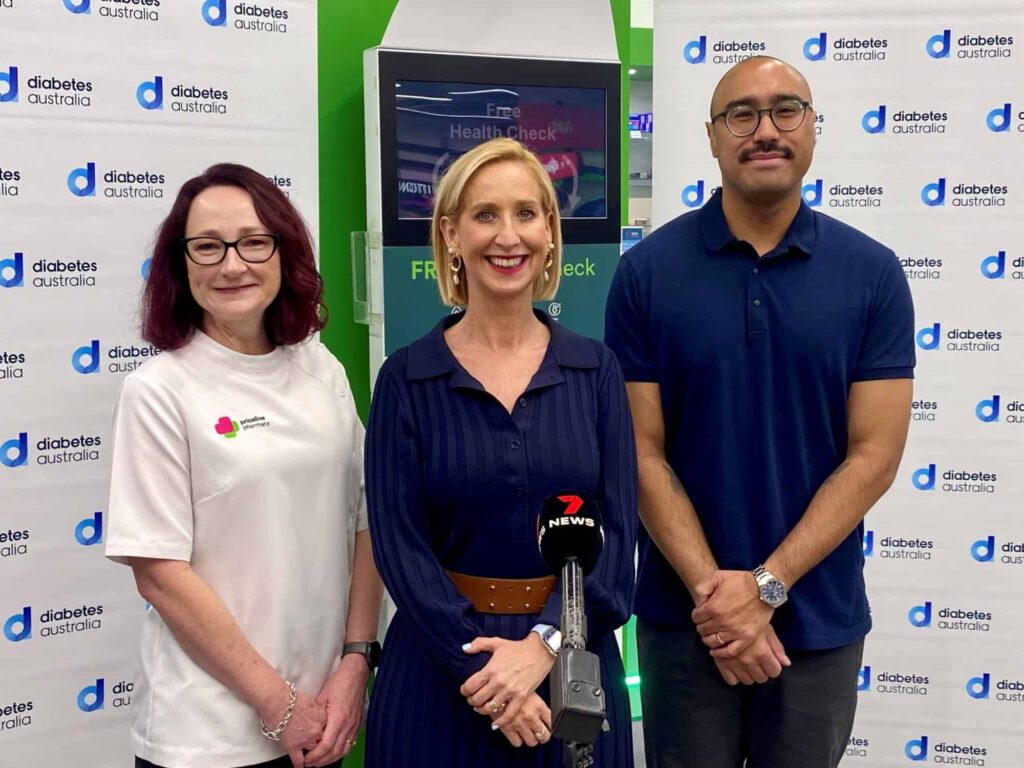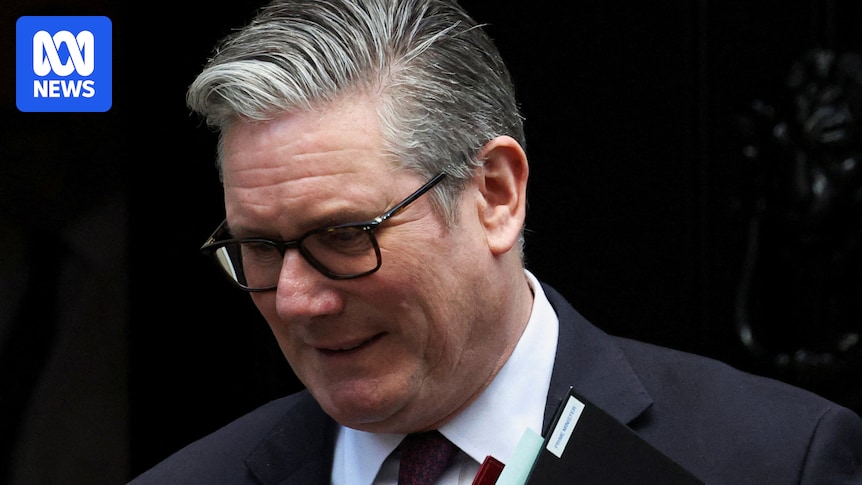
Australians are being offered free health checks at their local Priceline Pharmacy during National Diabetes Week, from July 13 to 19, in a bid to combat the growing type 2 diabetes epidemic. These checks, conducted on digital health stations, are free, self-service, and take as little as five minutes to complete. With over 300 participating Priceline Pharmacies, the initiative provides a quick and easy way for individuals to assess their type 2 diabetes, cardiovascular, and metabolic health risks, delivering instant results.
Justine Cain, CEO of Diabetes Australia Group, emphasized the initiative’s potential to save thousands of lives and alleviate the increasing pressure on the healthcare system.
“There are 1.3 million Australians living with type 2 diabetes and another 500,000 living with silent, undiagnosed type 2 diabetes,” Ms. Cain stated. “Worryingly, there are another 2 million people who are at high risk of developing type 2 diabetes. A simple, free check could be the difference between early detection and a life-threatening diabetes complication like a heart attack or stroke.”
Understanding the Scope of the Diabetes Crisis
The announcement comes as new analysis by Diabetes Australia reveals the staggering scale of the type 2 diabetes crisis. Updated economic modeling indicates that all types of diabetes are costing the health system an estimated $9.1 billion annually, nearly three times higher than previously reported.
“Type 2 diabetes is one of the biggest health challenges facing Australia. Every 8 minutes, someone is diagnosed with type 2 diabetes. If we don’t act now, up to 3.2 million Australians could be living with type 2 diabetes by 2050,” Ms. Cain warned.
Despite the role genetics and family history play in diabetes, research shows that up to 58 percent of type 2 diabetes cases can be prevented or delayed through lifestyle changes. Ms. Cain highlighted the importance of prevention and early diagnosis, stating,
“Behind the health costs are millions of Australians facing serious complications like stroke, heart disease, and vision loss. We must do more to prevent those complications as much as possible.”
Personal Stories Highlight Importance of Early Detection
Lee Chinprahust, a 34-year-old security analyst from Sydney, is a testament to the power of early detection. Five years ago, Lee began feeling unusually tired and visited his GP. A routine blood test confirmed he had type 2 diabetes, along with high blood pressure and high cholesterol.
“I wasn’t expecting it,” Lee said. “But catching it early gave me the chance to take control before things became more serious.”
Now an advocate for prevention and early intervention, Lee manages his condition with metformin, a healthy diet, and regular exercise. His latest HbA1c result is 6 percent, indicating healthy management. “It’s all about the choices you make once you know what you’re dealing with,” he says. “But first, you need to know.”
The Role of Pharmacies in Public Health
Pictured at the press conference to launch National Diabetes Week 2025 were Mel Gannon, Justine Cain, and Lee Chinprahust at the Priceline World Square Pharmacy in Sydney. Mel Gannon, Priceline Pharmacy’s National Pharmacy Support Manager, spoke about the pivotal role pharmacies play in public health.
“Pharmacies are one of the most accessible healthcare touchpoints in Australia, and at Priceline Pharmacy, we take that responsibility seriously. Early intervention saves lives, and it all starts with knowing your numbers,” Gannon stated.
The Priceline Health Stations can quickly and easily identify risk factors for cardiovascular disease and diabetes, such as high blood pressure. This initiative follows Diabetes Australia’s call for a stronger, coordinated public health response, including education campaigns, better food labeling, school-based initiatives, and improved access to prevention and early intervention services.
Future Steps and National Strategies
Diabetes Australia is urging governments to act urgently, advocating for increased investment in community-based prevention and awareness programs to ease the growing burden on the health system. “Free checks are an important first step, but they must be part of a bigger, long-term strategy to tackle this national type 2 diabetes epidemic,” Ms. Cain emphasized.
For those interested in participating, more information can be found by visiting the Priceline Pharmacy website to locate the nearest Health Station. As Australia seeks to address this pressing health issue, the emphasis remains on prevention, early detection, and comprehensive public health strategies to mitigate the impact of type 2 diabetes.
For more information, visit Diabetes Australia’s official website.






